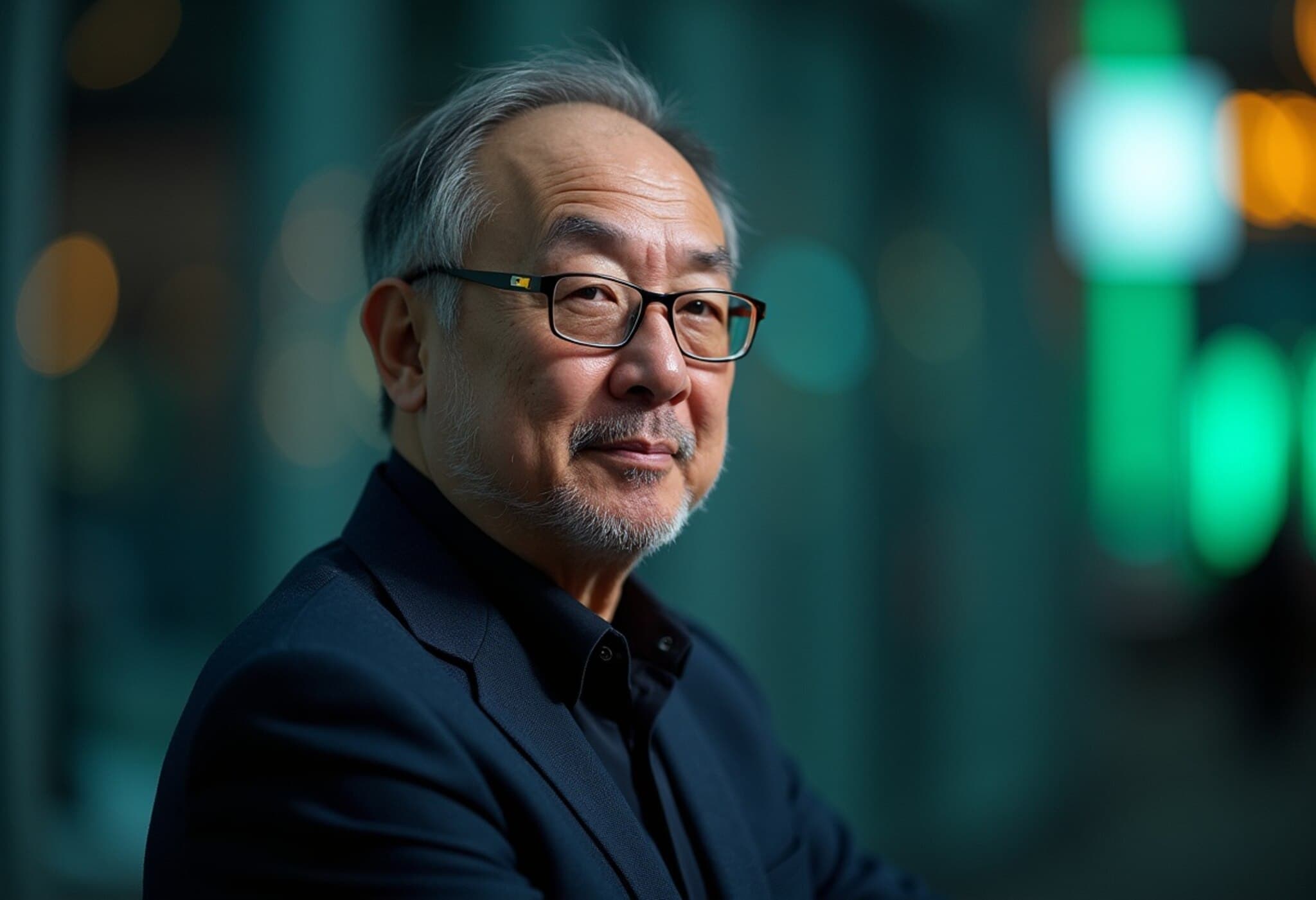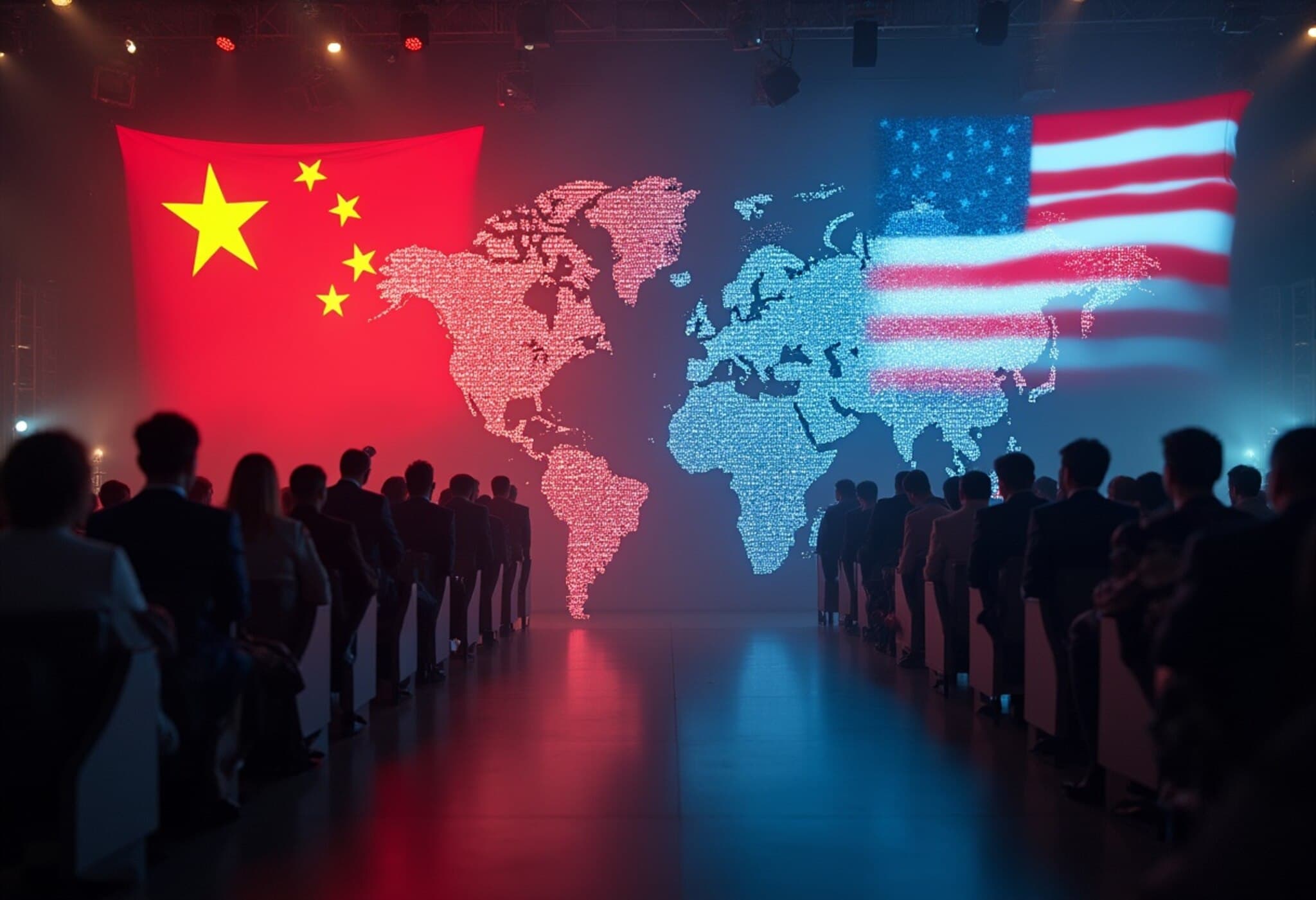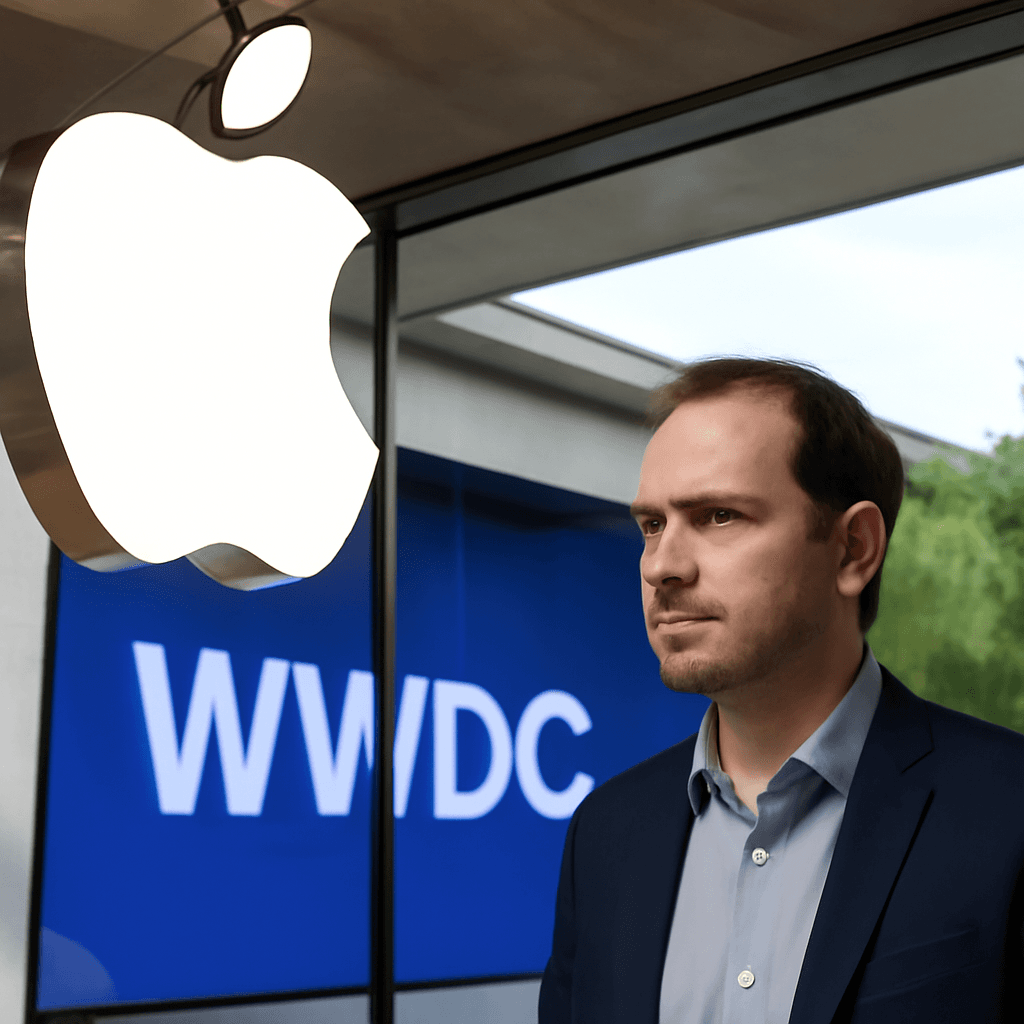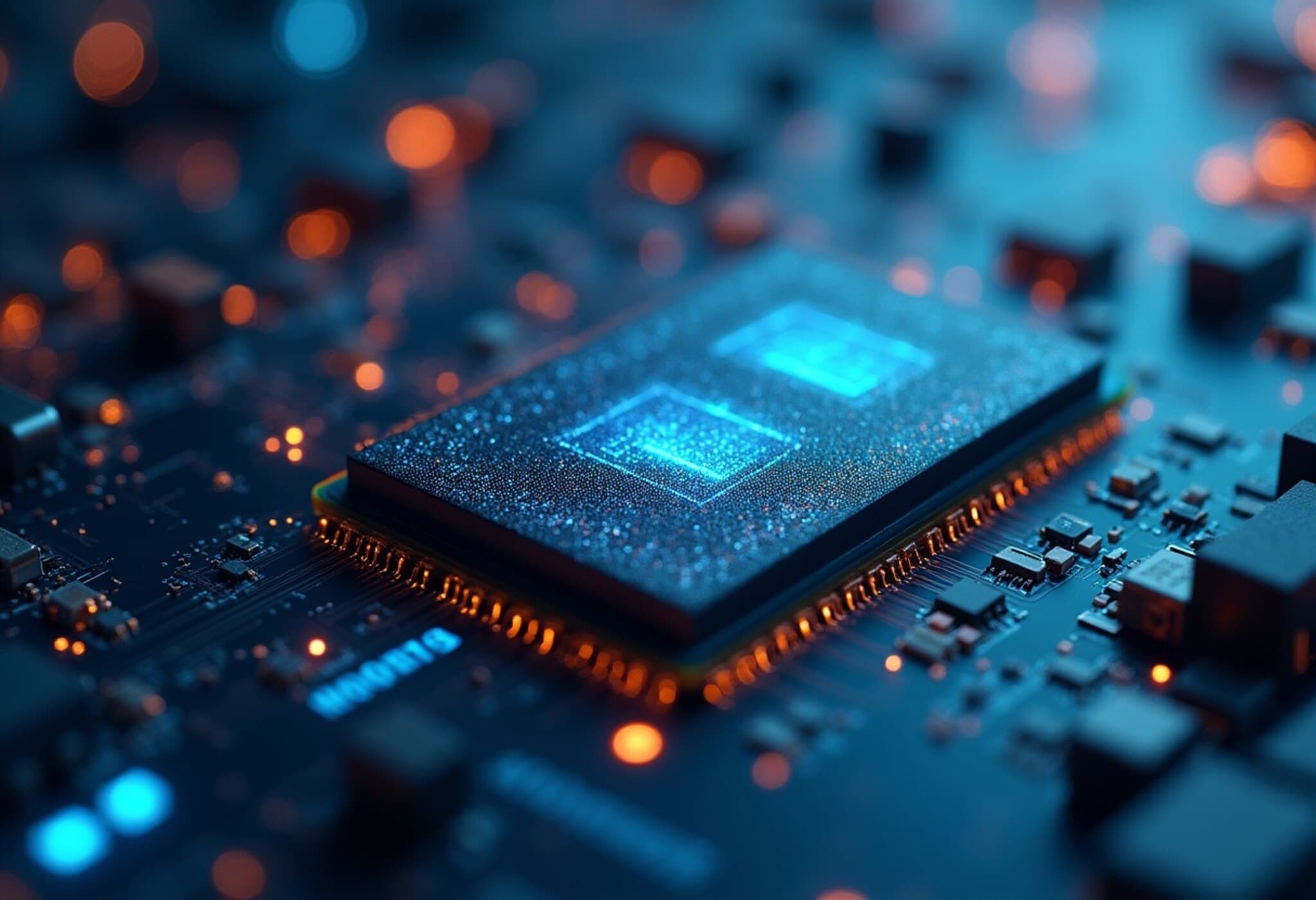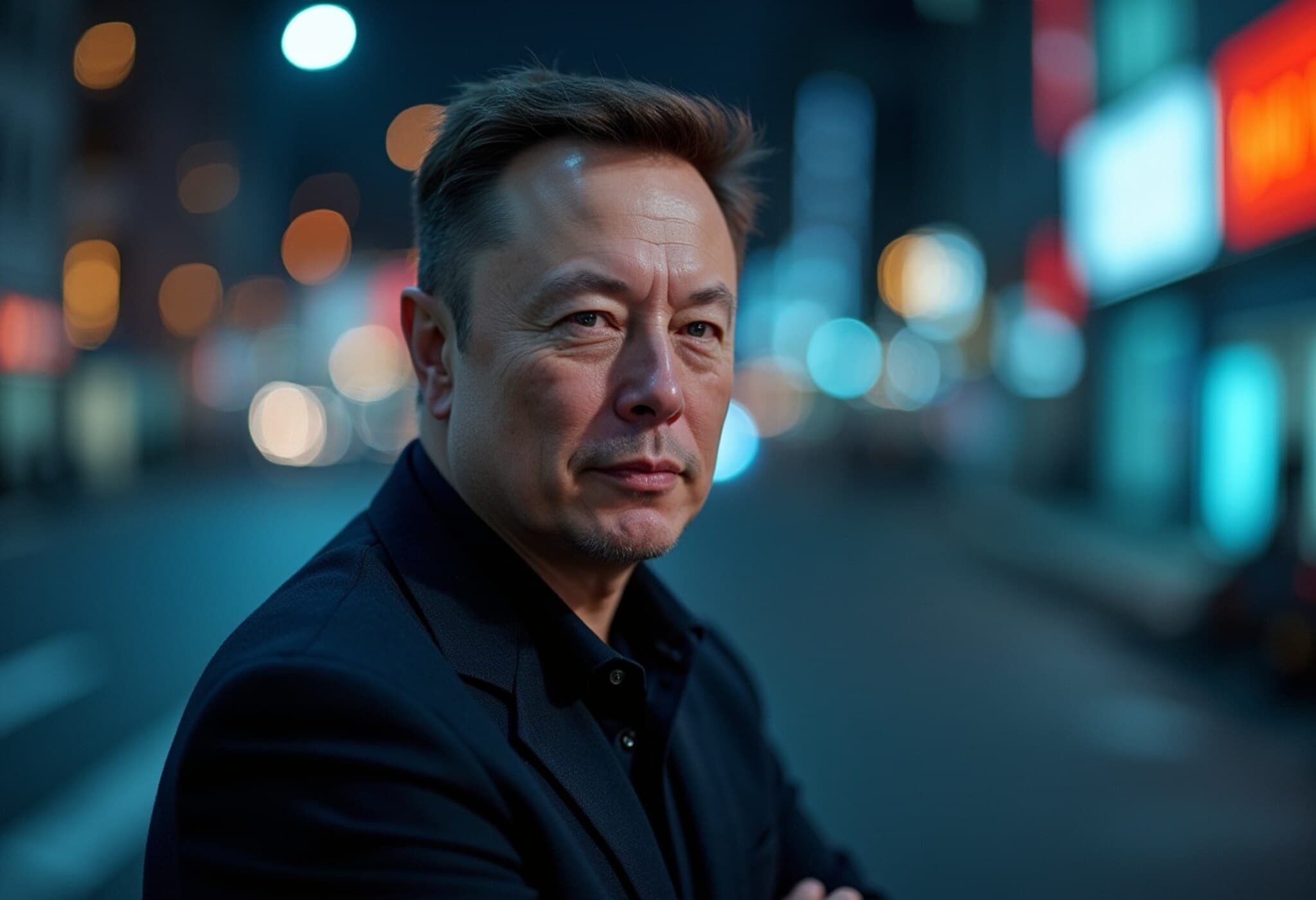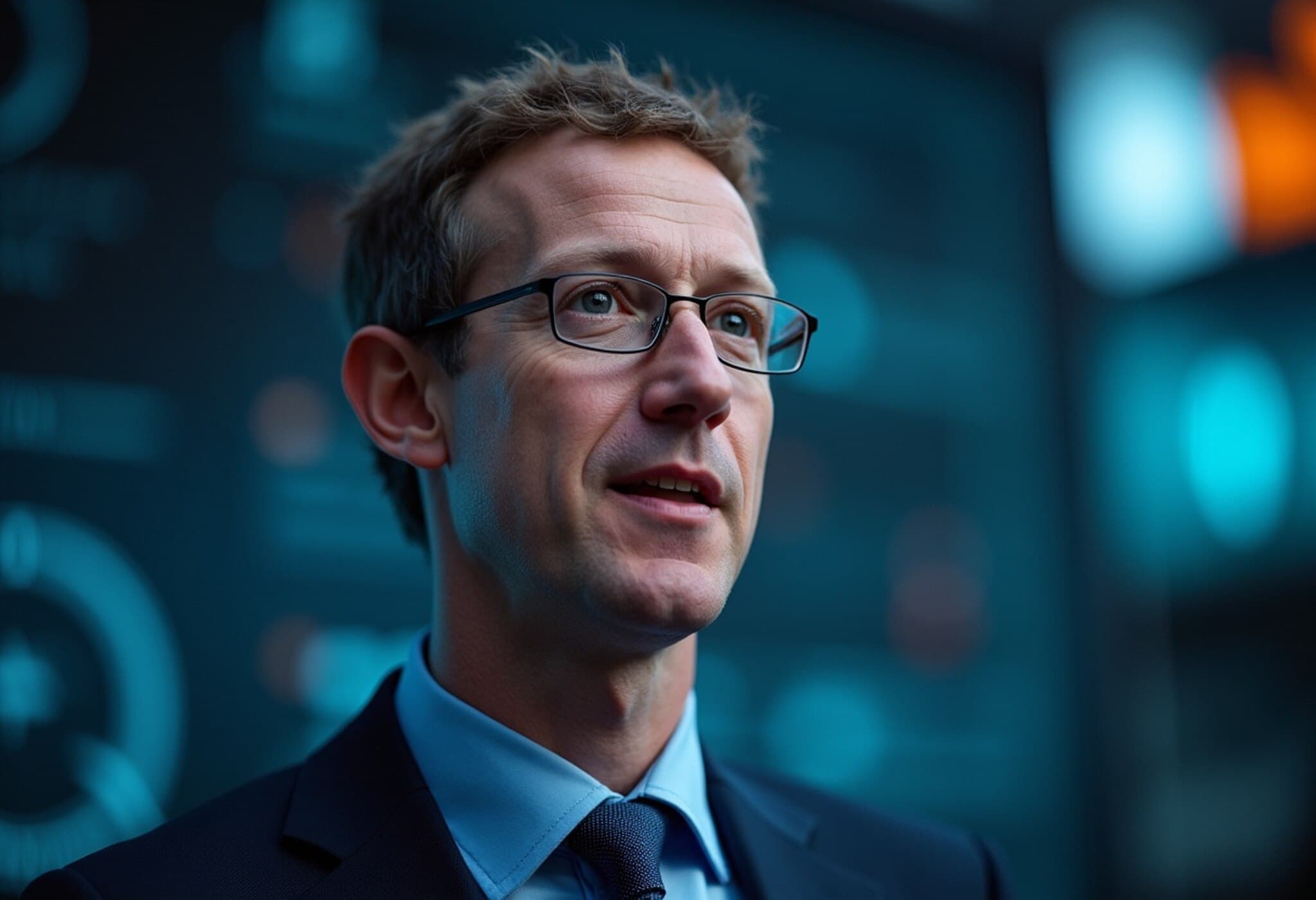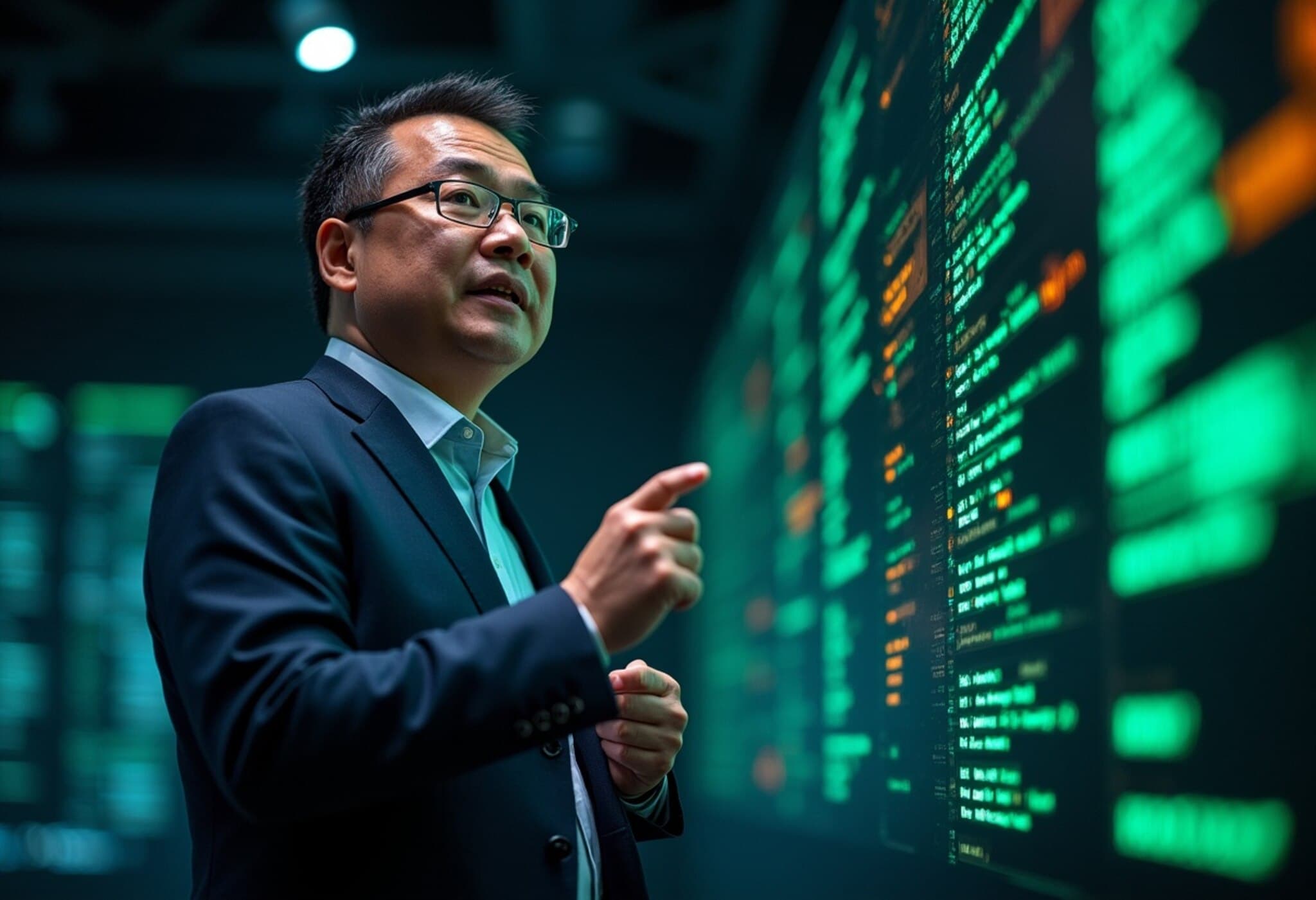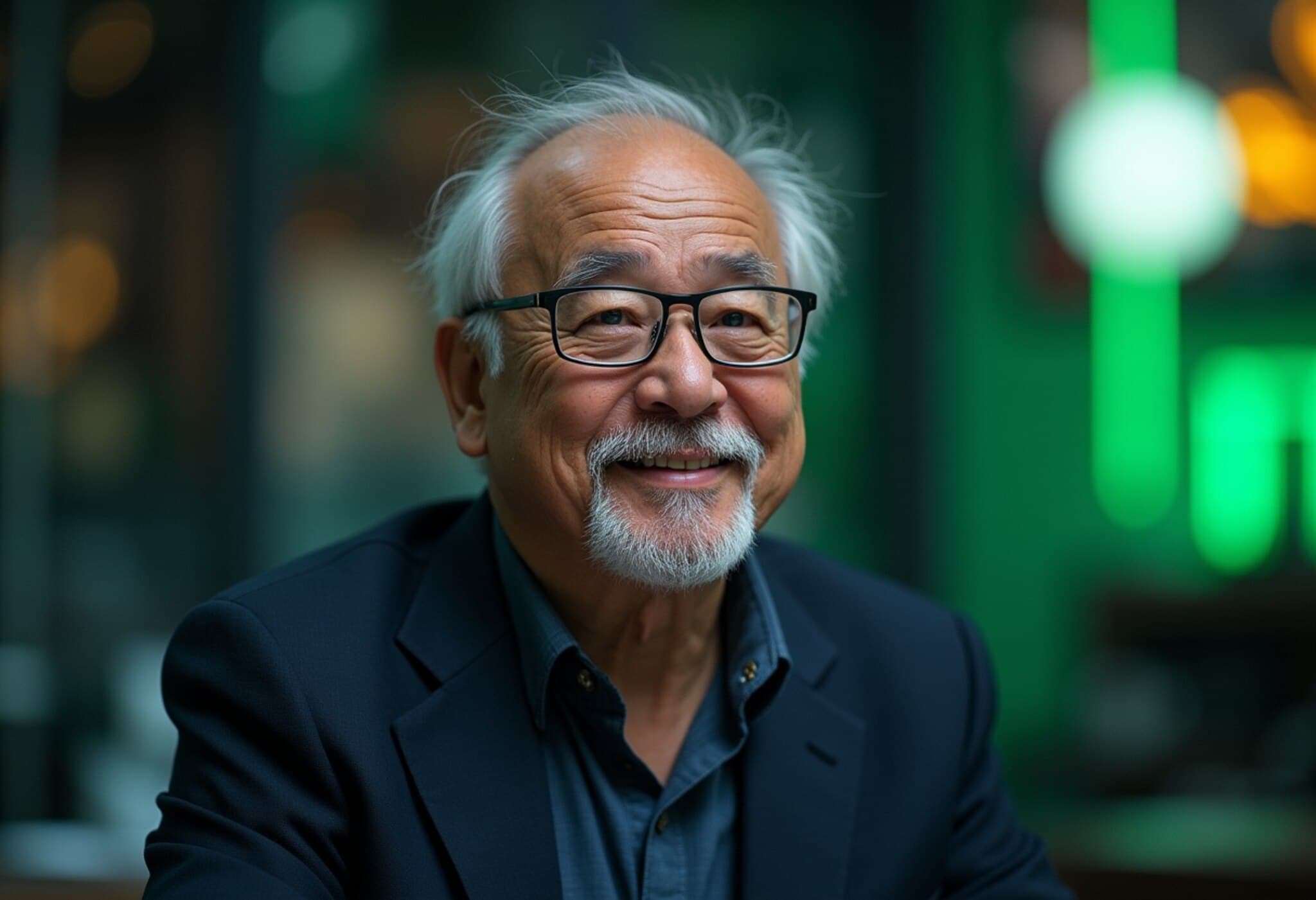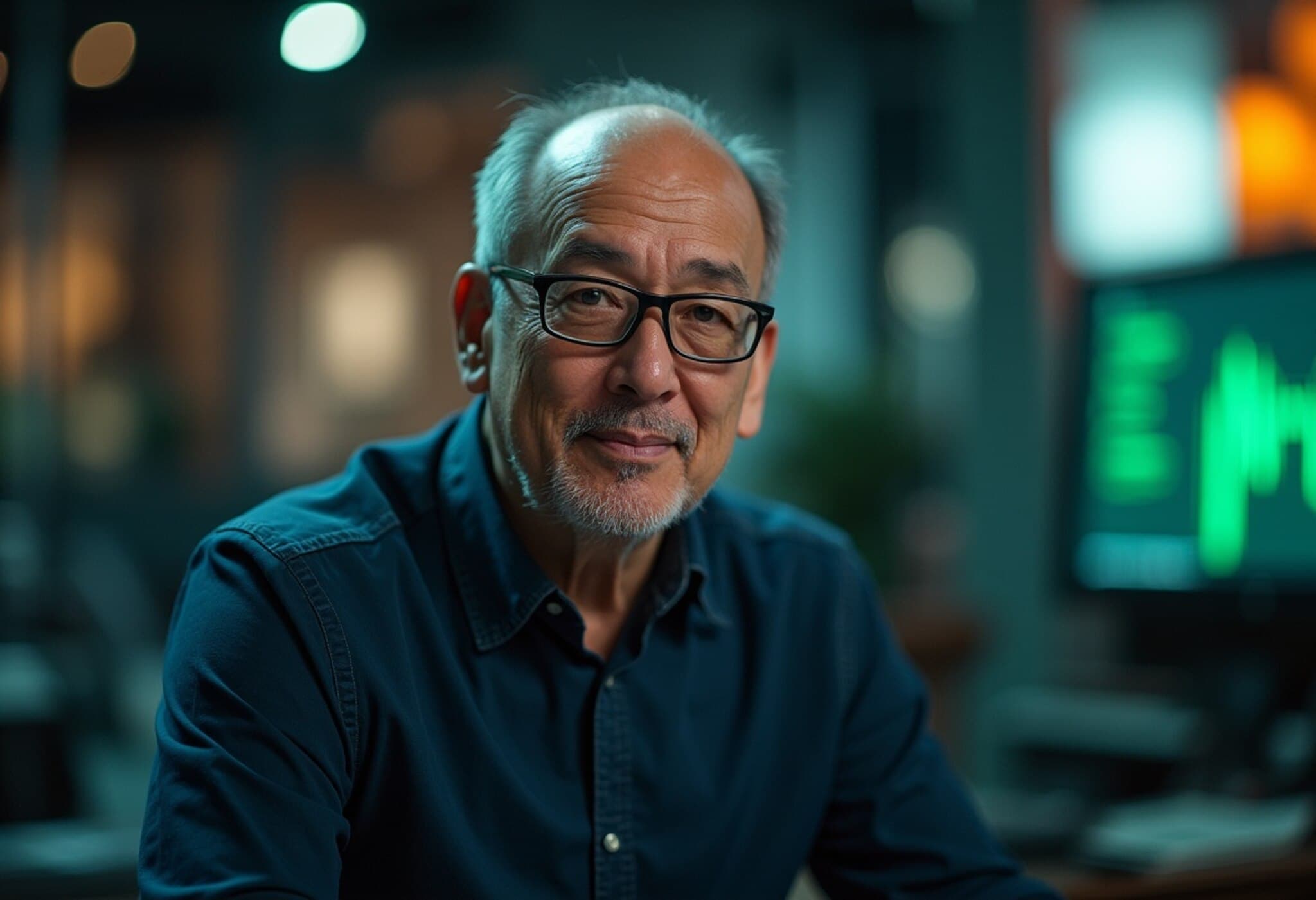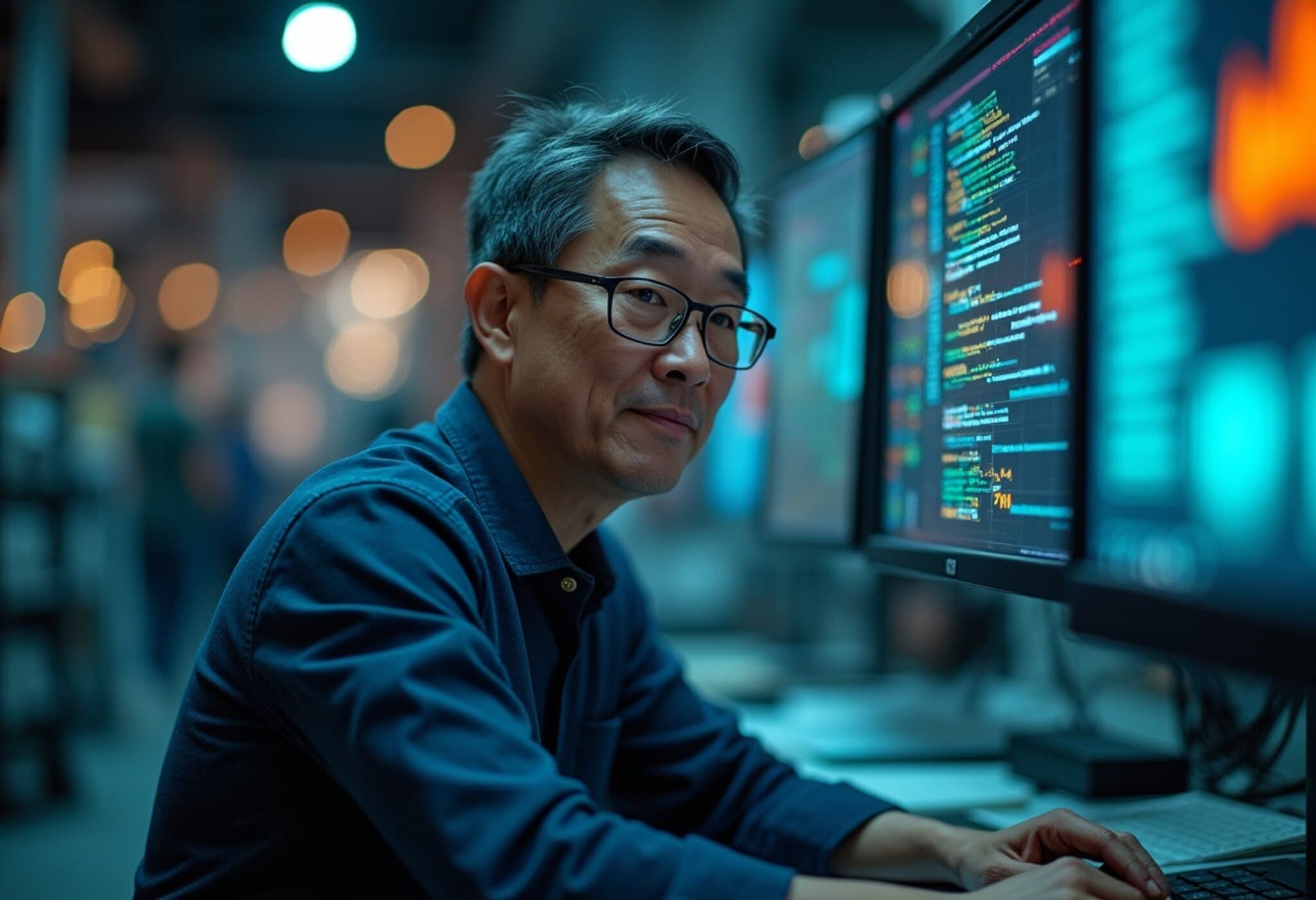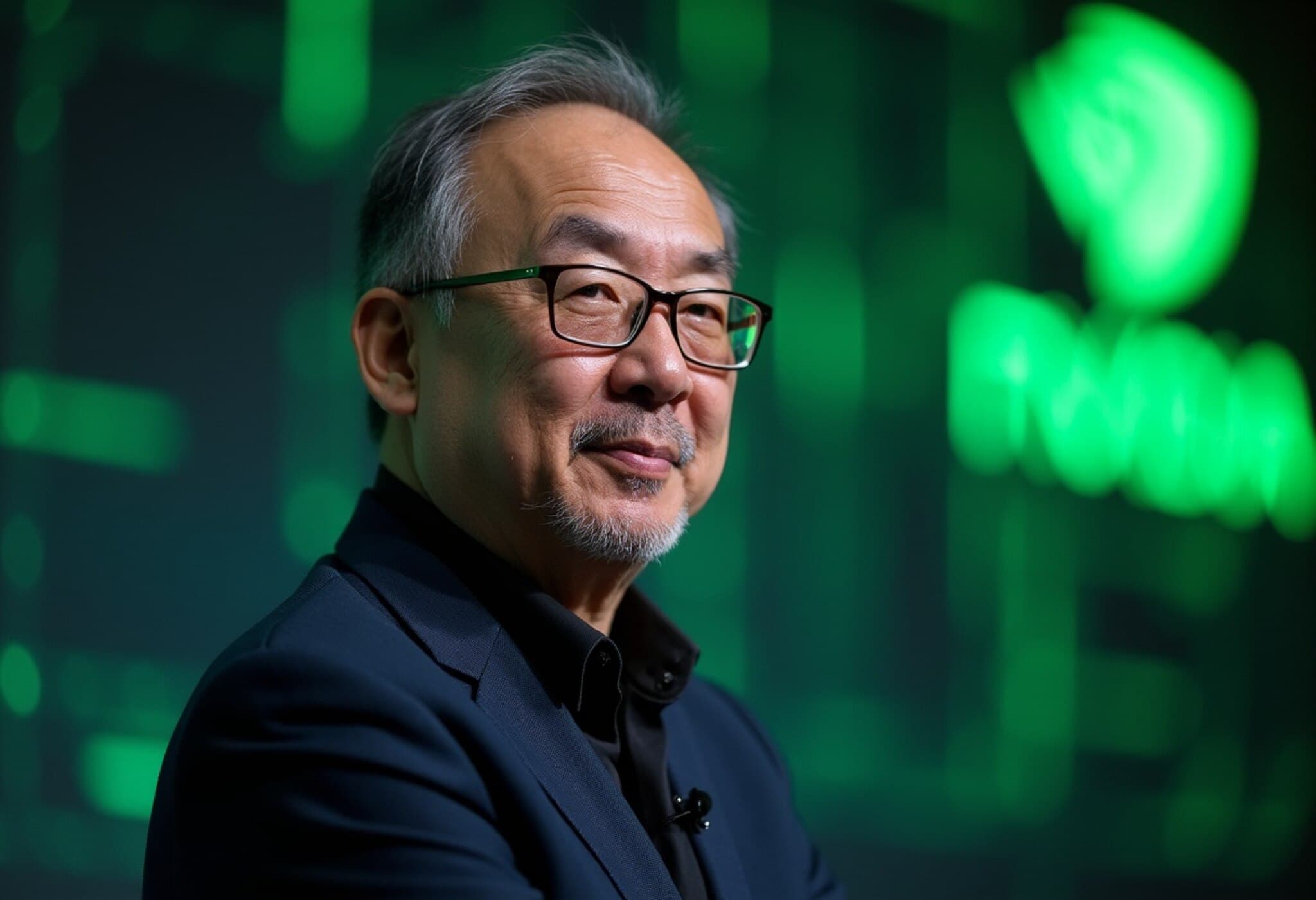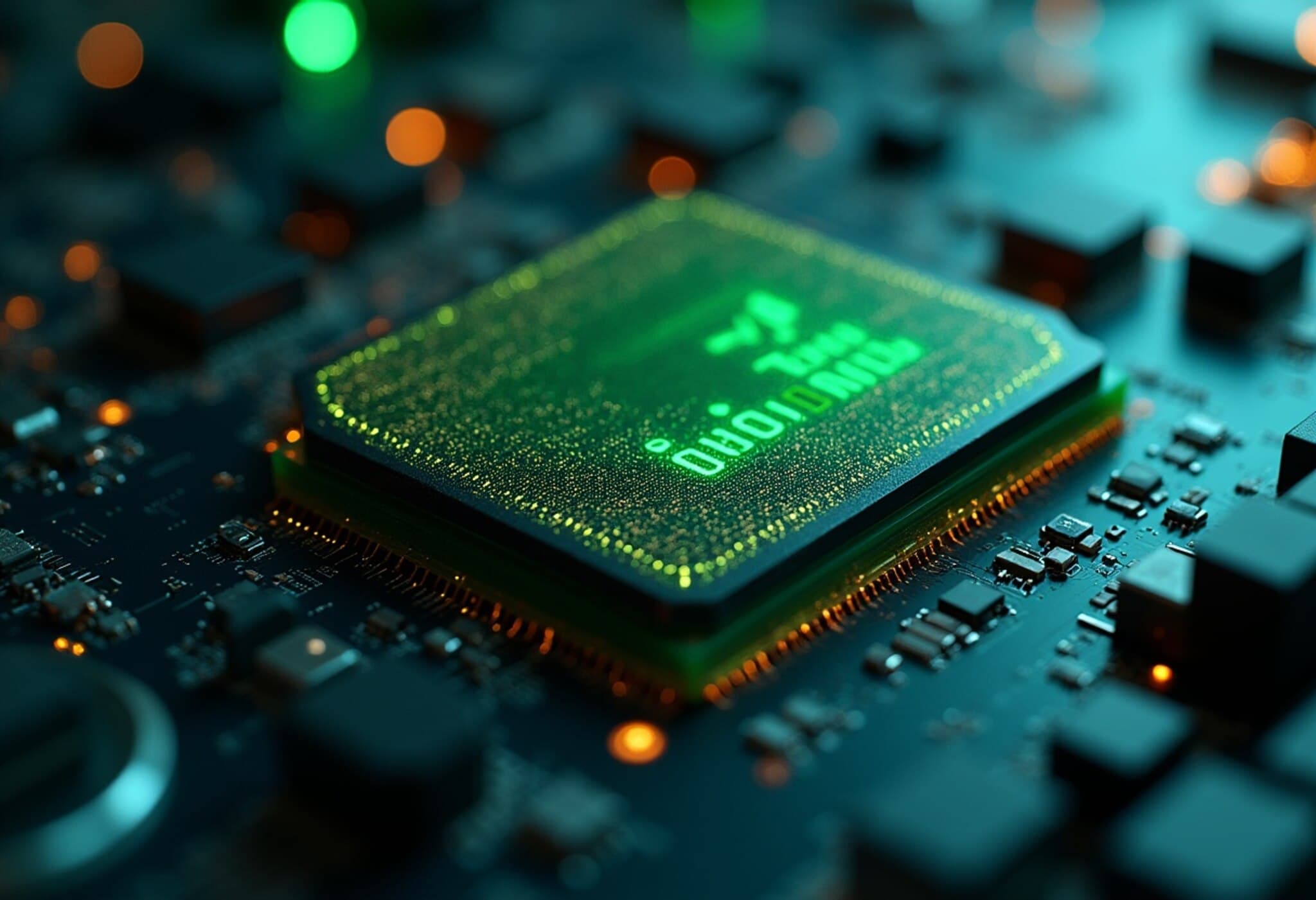Nvidia's CEO Jensen Huang Ignites AI Enthusiasm Across Europe
This week, Nvidia’s co-founder and CEO, Jensen Huang, embarked on a high-profile tour across Europe, stirring excitement and sparking conversations around artificial intelligence (AI) infrastructure. With stops in London and Paris, Huang engaged with political leaders, industry experts, and tech enthusiasts, conveying a clear and compelling message: Nvidia is at the forefront of building Europe’s AI future.
The Magnetic Appeal of Jensen Huang
Huang’s presence drew significant attention wherever he went. At London Tech Week, crowds packed auditoriums, eager to hear him speak. The energy carried on to Paris, where Nvidia’s GTC event felt more like a major cultural happening — think concert-like excitement, branded merch, and fans lining up for selfies after the sessions.
French President Emmanuel Macron and U.K. Prime Minister Keir Starmer were among those eager to be seen alongside Huang, highlighting Nvidia’s growing influence in the European tech ecosystem.
Nvidia Cast as Europe’s AI Infrastructure Partner
While Nvidia is best known for its powerful graphics processing units (GPUs) that accelerate AI training and execution, Huang framed the company as far more than a chip maker. He emphasized Nvidia’s role as a cornerstone for AI infrastructure, likening AI to a fundamental utility such as electricity.
Speaking at Paris’s VivaTech conference, Huang urged Europe to unite and collaborate: "To compete and thrive in AI, Europe must pool resources and build shared capacity."
This vision was underscored by a notable partnership announcement between French startup Mistral and Nvidia, aiming to create an AI cloud infrastructure powered by Nvidia GPUs. This aligns with Huang's emphasis on "sovereign AI," encouraging countries to establish data centers within their own borders to maintain control over their digital assets and reduce dependence on overseas servers.
Shifting Tides in the AI Chip Landscape: China’s Position
During his visit to Nvidia's booth, Huang addressed China’s evolving role in AI chip development amidst U.S. export restrictions that limit Nvidia’s ability to sell its latest chips there. The company faced a $4.5 billion inventory hit due to these controls.
When discussing Chinese tech giant Huawei, Huang acknowledged the company lags one generation behind Nvidia’s technology but highlighted China’s vigor and scale, allowing Huawei to compensate by deploying more chips.
Huang remarked, "If the U.S. chooses not to engage, Huawei will fulfill China’s AI technology needs and potentially those of other countries as well." He stressed the strategic importance of American technology forming the backbone for global AI development.
Looking Forward: Quantum Computing, Robotics, and Autonomous Vehicles
Huang’s public appearances often delve into future tech horizons. He expressed strong optimism about robotics and driverless cars as sectors where Nvidia’s platforms will play a vital role. He described these emerging technologies as the next frontier of autonomy.
At GTC Paris, Huang also addressed quantum computing, calling it an incredibly exciting frontier that's achieving major breakthroughs. Quantum computers promise to tackle complex problems beyond the reach of classical machines — revolutionizing drug discovery, new materials research, and more.
Conclusion: Nvidia’s Strategic Momentum in Europe
Jensen Huang’s European tour has highlighted Nvidia’s ambition to be the backbone of AI infrastructure on the continent, promoting sovereignty and collaboration. From high-profile political engagements to pivotal partnerships, Nvidia is staking its claim as the key enabler for Europe’s AI-driven future.

